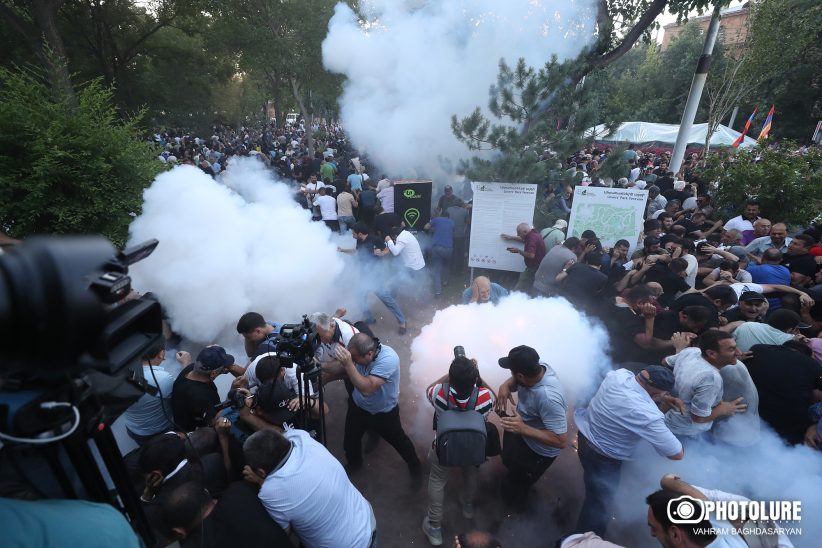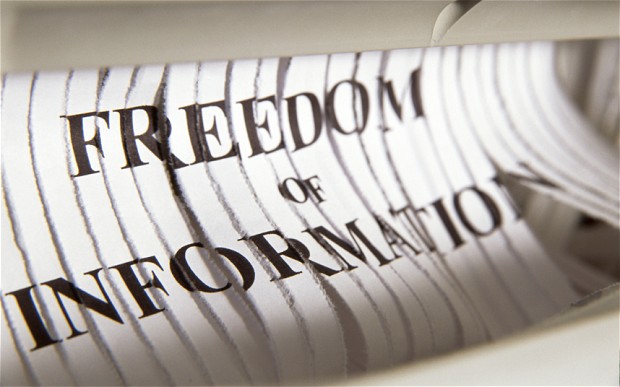The first quarter of 2021 was marked by a drastic increase in physical violence against members of the media. The number of such cases in the reporting period exceeds the one from last year with 7 cases and 8 victims. Moreover, some facts are unprecedented․ In particular, the case of violence applied by the Minister of High-Tech Industry Hakob Arshakyan against the journalist. This has recently been a vivid manifestation of extreme intolerance and even indecent relations between the government and the media.
Cases of unfavorable treatment towards media representatives could be observed in the National Assembly, during opposition protests and other public events. At the same time, hate speech, disinformation and fake news, insults and defamation continue to be widespread in the highly politicized and polarized media.
The authorities, deciding to counteract these phenomena, have come up with a number of legislative initiatives in the recent months, which were assessed by the journalistic community as disproportionate, threatening freedom of speech and not meeting international standards.
In particular, the recommended amendments to the Law on Media, inter alia, proposed to ban the reference to anonymous or, as it was later reformulated, non-identifiable sources. This innovation can seriously hinder journalistic activities, and limit the work with sources of information. Meanwhile, it does not solve the alarming problem of spreading fake news.
The other very alarming initiative, as authored by the NA Deputy Speaker Alen Simonyan, proposed to triple the amount of compensation for defamation and insult envisaged by Article 1087 Part 1 of the Civil Code and took the form of a law already on March 24, being fully adopted in the second reading. This repressive legislative measure was criticized by the expert community, the international human rights organization Freedom House and Reporters Without Borders; the authorities were urged to repeal the amendment. Naturally, these experts and organizations do not aim to justify insulters and slanderers, but to protect the authors of critical speech from unnecessary pressure and unjustified responsibility by using legal mechanisms.
Alen Simonyan has put into circulation 2 legislative proposals, which have not been included in the agenda of the current NA session yet. One is the bill to amend Article 226 of the RA Criminal Code, which envisages criminal prosecution for intentional online publication of apparently false information on an issue of public interest via a pseudonymous source, as well as slander or insult. The other, as related to the former, is an amendment to Article 1087 Part 1 Clause 6 of the RA Civil Code, about exemption from responsibility: it is proposed to add the phrase “unless the source is a pseudonym” at the end.
The RA Prosecutor’s Office came up with another problematic initiative, proposing to criminalize slander or insult of officials. Given that government officials, politicians and other popular individuals often perceive criticism against them as defamation or insult, such legislative initiatives can really create serious obstacles to the free operation of the media, increase the number of lawsuits against journalists and the media. And the facts show that 25% of such lawsuits are filed by state officials or politicians.
The repressive initiatives that appeared one after the other, contradict the well-known international norms, including the recommendations of the Council of Europe, the decisions of the European Court, as well as the provisions of the RA Constitutional Court Decision No. 997 of November 15, 2011. In fact, there is a tendency to spare the representatives of the government from criticism. In this regard, the US Department of State expressed concern in its annual report on “Human Rights Practices in the World” on March 30, making reference to CPFE data.
During the first quarter, compared to the same period in 2019-20, there was a decrease in the number of new lawsuits against journalists and the media. 12 new lawsuits were registered, 10 of which were based on defamation and insult, 1 was an economic dispute, and the other involved 5 media outlets “Armenian Second TV Channel” as a third party in the lawsuit against Commission on Television and Radio. As for the cases of pressure in general, the overall number is 20, and the number of violations of the right to receive and disseminate information are 15.
One of the significant events that took place during the reporting period was the final stage of the TV licensing competitions for broadcasting on public multiplex, as a result of which “H2” was declared defeated and applied to the court, appealing against the decision of the Commission on Television and Radio. “A1 +” did not get a license again. With a few exceptions, the status quo was maintained in the sector, no serious reforms were observed, which is largely due to the shortcomings and gaps in the Law on Audiovisual Media, adopted in July 2020.








